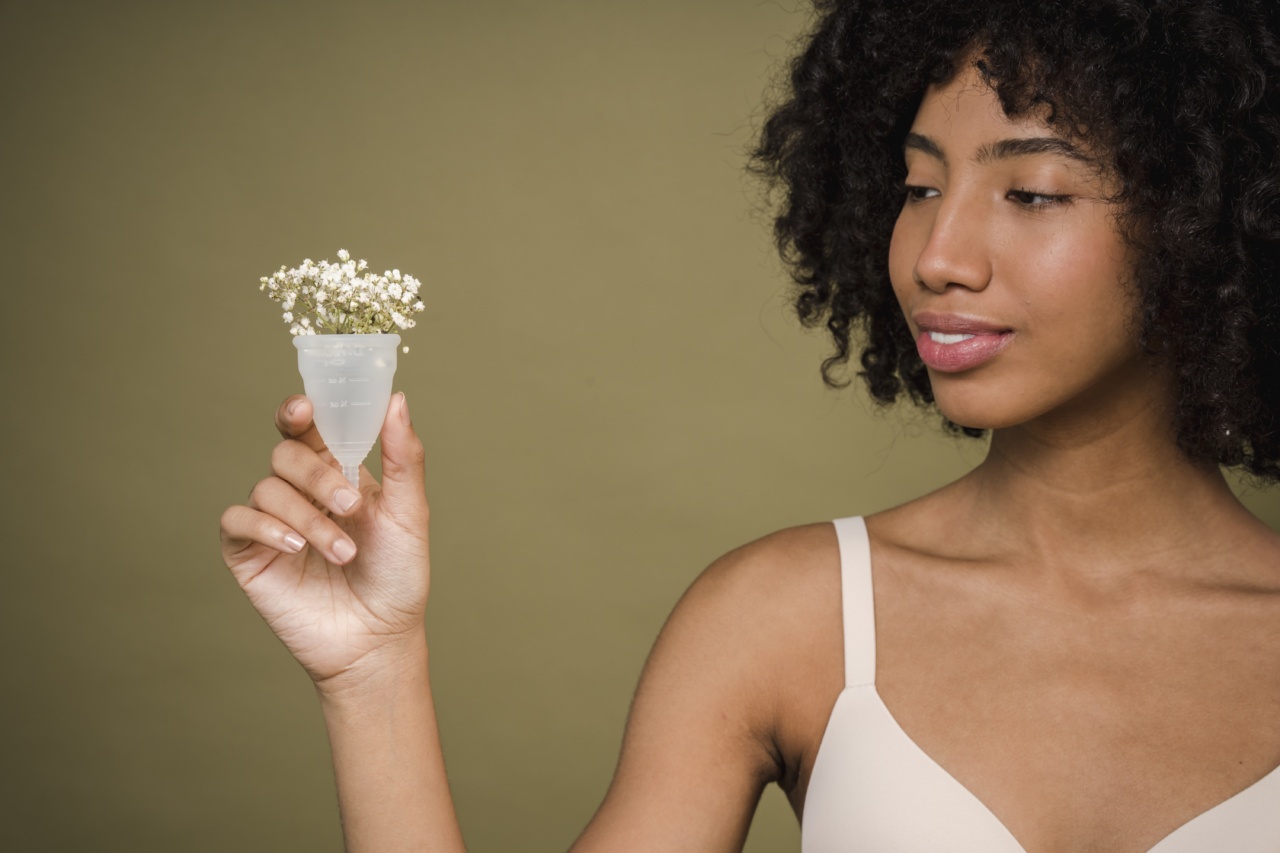Menstruation is a natural and healthy process that occurs in a woman’s body every month. However, many women experience pain and discomfort during this time due to menstrual cramps.
Menstrual cramps, also known as dysmenorrhea, can range from mild to severe and can have a negative impact on a woman’s daily life. In this article, we will discuss various ways to alleviate menstrual cramps.
Understanding Menstrual Cramps
Menstrual cramps are caused by the contraction of the uterus during menstruation. The uterus contracts to help shed the lining of the uterus, which causes the release of prostaglandins.
Prostaglandins are hormone-like substances that cause the uterus to contract and can cause pain. The severity of menstrual cramps can vary from person to person. Some women may experience mild cramps, while others may experience severe cramps that can significantly impact their daily life.
Symptoms of Menstrual Cramps
The following are some of the common symptoms of menstrual cramps:.
- Pain in the lower abdomen or pelvic area
- Cramping and aching pain that can be sharp or dull
- Back pain
- Headaches
- Nausea or vomiting
- Diarrhea
- Feeling bloated or gassy
Tips for Alleviating Menstrual Cramps
There are various ways to alleviate menstrual cramps. Some of the tips are:.
Use heat therapy
Applying heat to the lower abdomen can help alleviate menstrual cramps. A heating pad or a hot water bottle can be placed on the lower abdomen to help relax the muscles and reduce pain.
Warm baths or showers can also help alleviate cramps and promote relaxation.
Practice relaxation techniques
Relaxation techniques, such as deep breathing, meditation, and yoga, can help alleviate menstrual cramps. These techniques can help reduce stress and tension in the body, which can contribute to menstrual cramps.
Practicing relaxation techniques can also help promote better sleep and improve overall well-being.
Take over-the-counter pain relievers
Over-the-counter pain relievers, such as ibuprofen or naproxen, can help alleviate menstrual cramps. These pain relievers work by reducing the production of prostaglandins, which can reduce pain and inflammation.
However, it is important to follow the recommended dosage and not to exceed it. It is also important to seek medical advice before taking any medication, particularly if you have any underlying medical conditions or are taking other medications.
Drink herbal tea
Drinking herbal tea, such as chamomile or ginger tea, can help to alleviate menstrual cramps. These teas contain natural anti-inflammatory and pain-relieving properties that can help reduce cramps and discomfort.
Drinking herbal tea can also promote relaxation and improve overall well-being.
Get regular exercise
Regular exercise can help alleviate menstrual cramps by reducing stress and tension in the body. Exercise also promotes the release of endorphins, which are natural pain relievers.
However, it is important to consult with a healthcare professional before starting an exercise program, particularly if you have any underlying medical conditions.
Try acupuncture
Acupuncture is a traditional Chinese medicine technique that involves the insertion of thin needles into specific points in the body. Acupuncture can help alleviate menstrual cramps by reducing pain and promoting relaxation.
However, it is important to seek acupuncture treatment from a licensed and experienced practitioner.
Take a supplement
Taking supplements, such as magnesium and vitamin B6, can help alleviate menstrual cramps. Magnesium can help relax the muscles and reduce cramps, while vitamin B6 can help regulate hormonal balance.
However, it is important to consult with a healthcare professional before taking any supplements, particularly if you have any underlying medical conditions or are taking other medications.
Hydrate with water and natural fluids
Drinking plenty of water and natural fluids, such as coconut water and fresh juices can help alleviate menstrual cramps. Water and natural fluids can help to reduce bloating, relieve constipation, and promote overall wellness.
Get plenty of sleep
Getting plenty of sleep can help alleviate menstrual cramps by promoting relaxation and reducing stress.
Sleep is an important component of overall well-being, and inadequate sleep can contribute to menstrual cramps and other menstrual-related symptoms.
Maintain a healthy diet
Maintaining a healthy diet can help alleviate menstrual cramps by providing the body with essential nutrients and reducing inflammation.
A healthy diet should be rich in whole foods, such as fruits, vegetables, whole grains, lean proteins, and healthy fats. It is also important to avoid processed foods, sugary foods, and alcohol, which can exacerbate menstrual cramps.
Conclusion
Menstrual cramps are a common and uncomfortable symptom that many women experience during menstruation.
However, there are various ways to alleviate menstrual cramps, including heat therapy, relaxation techniques, over-the-counter pain relievers, herbal tea, regular exercise, acupuncture, supplements, hydration, sleep, and maintaining a healthy diet. By incorporating these tips into your daily routine, you can help alleviate menstrual cramps and improve overall well-being.






























